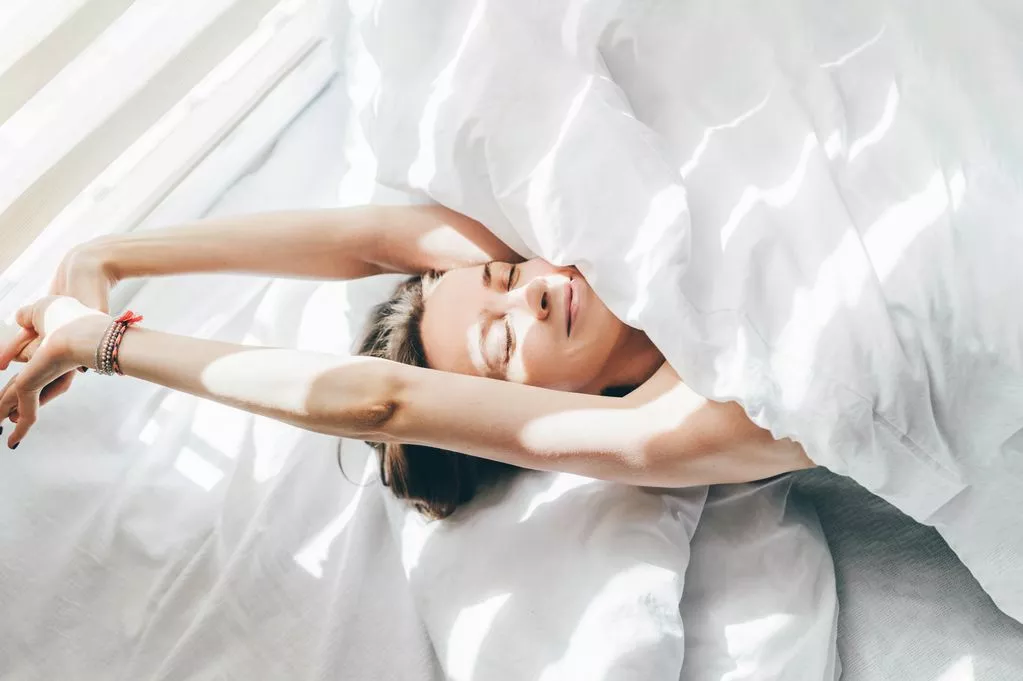A pharmacist has shared a simple tip that could help people who wake up in the middle of the night to get a better night’s sleep. The simple tip could improve your ‘deep’ sleep. People who wake up during the night could enhance their sleep by making an easy change to their bedtime routine, a pharmacist says. Insomnia can affect anyone, with nearly 40% of UK adults believed to experience at least one symptom daily, but research indicates that sleep issues are most common among women. Research shows that women are significantly more likely to wake up during the night than men, with some studies suggesting that they are twice as likely due to sleep disturbance. The stress load, the pharmacist said. “Unfortunately, at bedtime, women’s mental load doesn’t just switch off. From remembering key events at school to planning meals and managing work, women’s brains often stay active even as they try to relax for the evening. This is known as ‘cognitive arousal’, as stress and responsibility replay in the mind during sleep. The main stress hormone, cortisol, also tends to increase more in women in response to emotional stressors, making it harder to fall back asleep once woken. Research has suggested that women are 40% more likely to experience insomnia than men due to high-stress levels. A helpful way to reduce bedtime ‘mental load’ is to write down a to-do list or worries right before bed, which will send a signal to the brain that tasks are being left till the morning, and that’s okay. Pair this with a short deep breathing exercise, such as inhaling slowly through the nose for 4 seconds, holding your breath gently for 7 seconds, and exhaling completely through your mouth for 8 seconds. This will lower cortisol levels and make it easier for you to fall asleep quickly.” Circadian rhythms. Many neurological differences affect women’s sleep. Their circadian cycles are slightly shorter than men’s, meaning they might feel sleepier earlier in the evening; however, they are also biologically primed to wake up earlier in the morning. Try to keep a bedtime and wake-up time the same each day, even on weekends, to stabilize your body clock. Also, try to limit evening light exposure by dimming screens and lighting 1 hour before bed, which will help with deep, less easily disturbed sleep stages.
Thank you for reading this post, don't forget to subscribe!Flick This Switch One Hour Before Bed To Sleep Through The Night



